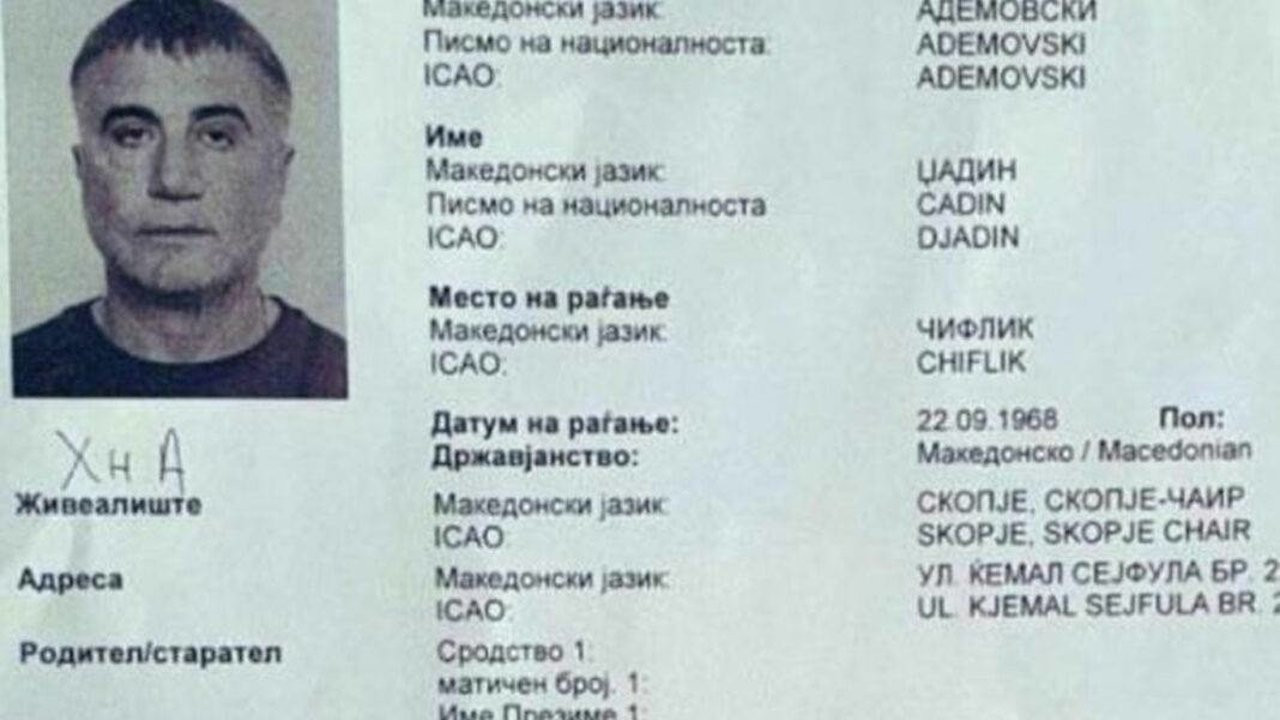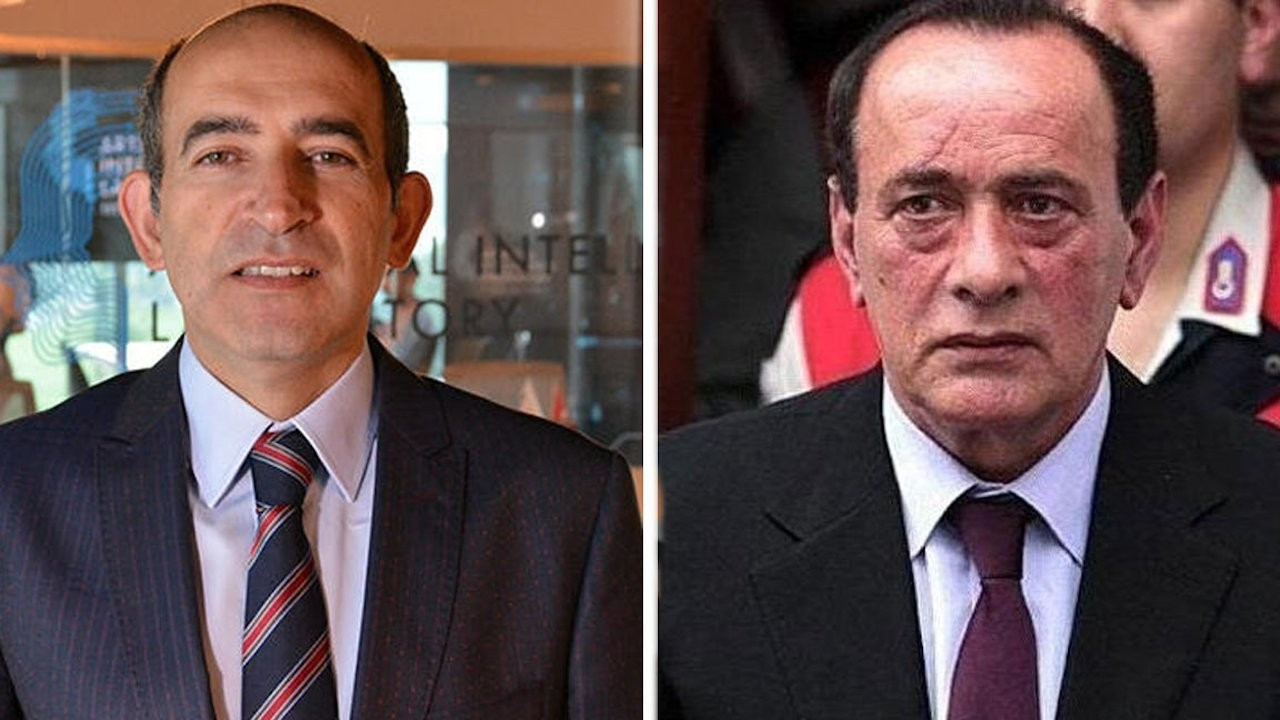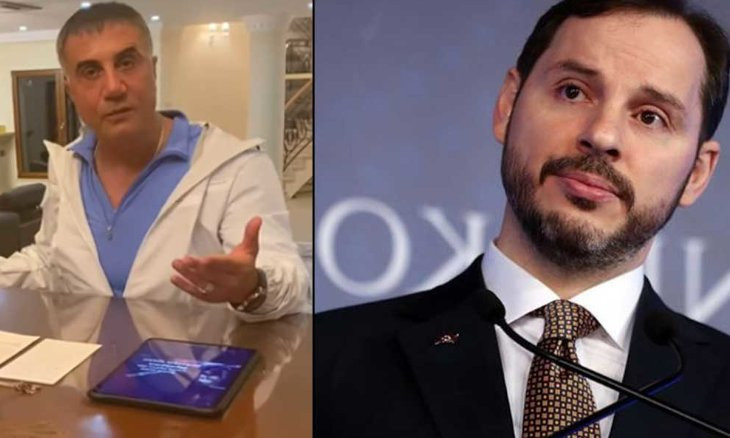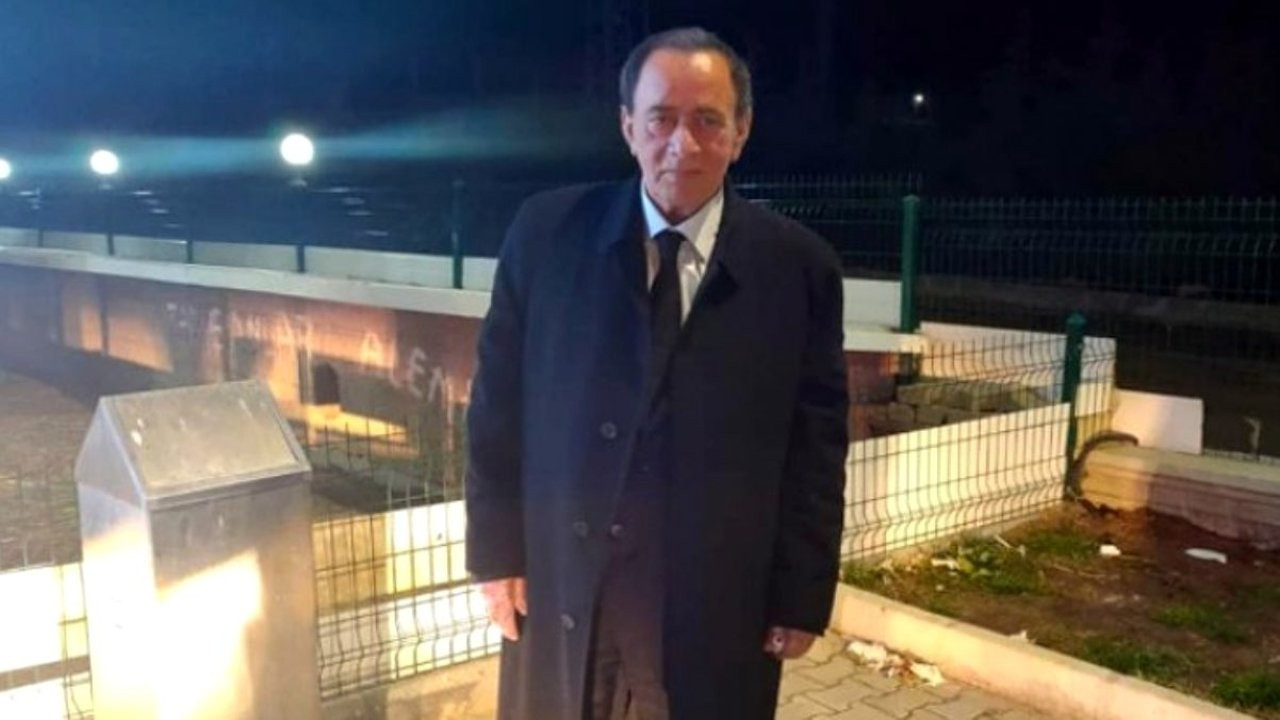Turkish ultranationalist mafia leader 'using fake Macedonian ID'
Turkish mafia leader Sedat Peker, who left Turkey in 2019, was found out to be using a fake ID and passport during an operation carried out in North Macedonia. Peker, an ultranationalist convict who hurled threats to his critics, has been using the name Xhadin Ademovski.
Duvar English
North Macedonia police have carried out an operation against an alleged criminal gang supplying false Macedonian passports and identity documents to foreign nationals, with Turkish mafia leader Sedat Peker among the recipients.
Peker, who left Turkey in 2019, obtained a passport and identity documents under the false identity of Xhadin Ademovski with an address in Skopje, opposition leader Hristijan Mickoski said, Balkan Insight reported on April 6.
The ultranationalist mafia leader, who is a convicted criminal known for threatening his critics, was arrested earlier this year in North Macedonia and on Jan. 18 was deported to neighbouring Kosovo. At the time, police failed to explain to the Balkan Investigative Reporting Network (BIRN) why Peker, a Turkish citizen, was sent to Kosovo, and did not confirm whether or not he also had a Kosovo passport.

But the Kosovo authorities told BIRN that Peker, while not having a Kosovo passport, has a temporary business residence permit in the country.
Peker has been tried several times by Turkish courts for involvement in criminal groups, and in 2007 was found guilty of building and leading a criminal organization, robbery, forgery and two counts of false imprisonment, and sentenced to 14 years in jail.
His sentence was later reduced to ten years and he was released from prison in 2014.
In 2019, Peker settled in Montenegro, saying that he came to invest and continue his university education. Since then he has often met ethnic Bosniak leaders in Montenegro and ethnic Turkish and Albanian political leaders in Kosovo, Albania and North Macedonia.
Nine officials in North Macedonia's Interior Ministry, meanwhile, were arrested for supplying the fake documents.
An estimated 215 people had received the passports and were given false identities, including drug trafficking suspects and other "high-risk" criminals wanted on international arrest warrants.

 Infamous mafia leader Çakıcı urges Erdoğan-appointed Boğaziçi University rector not to resign in the face of protestsPolitics
Infamous mafia leader Çakıcı urges Erdoğan-appointed Boğaziçi University rector not to resign in the face of protestsPolitics Turkish mafia boss Peker says Treasury Minister Albayrak is trying to 'destroy him'Politics
Turkish mafia boss Peker says Treasury Minister Albayrak is trying to 'destroy him'Politics Turkish court arrests man for 'insulting' mafia leader Alaattin ÇakıcıPolitics
Turkish court arrests man for 'insulting' mafia leader Alaattin ÇakıcıPolitics